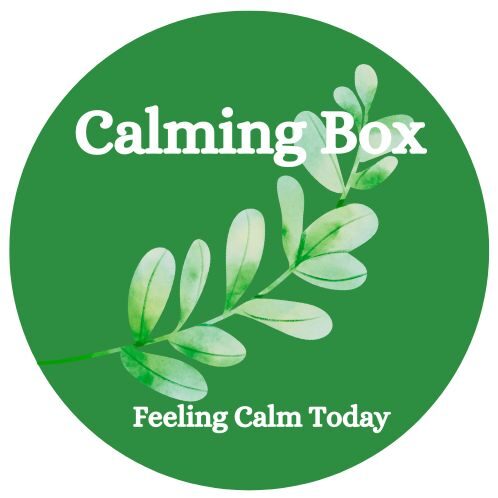Societal norms and cultural expectations mold us into certain roles and behaviours.
For men, one of the most deeply ingrained beliefs is the notion that expressing emotions is synonymous with weakness.
This age-old stereotype has far-reaching consequences, especially when it comes to men’s mental health.
The early lessons are subtle but pervasive. Boys are told not to cry, to “man up,” or to suppress their feelings. These seemingly harmless phrases embed themselves into the psyche, creating a barrier that hinders emotional expression.
Over time, this suppression becomes a default coping mechanism, with many men becoming adept at hiding their true feelings even from themselves.
One of the most alarming consequences of this emotional suppression is the high rate of undiagnosed mental health issues among men. Because they’ve been conditioned to view emotional vulnerability as a weakness, many men avoid seeking help or even acknowledging their struggles.
Instead of addressing their feelings head-on, they may turn to destructive coping mechanisms such as substance abuse, pornography, alcohol, aggression, or withdrawal from social interactions.
Our societal expectations for men to be stoic and unemotional creates a double-edged sword.
On one side, men are praised for their resilience and strength, but on the other, they are denied the right to express their emotions freely. This dichotomy perpetuates a cycle of silence and isolation, making it challenging for men to reach out for support when they need it most.
It’s essential to recognize that mental health does not discriminate based on gender. Everyone, regardless of their gender, has emotions and vulnerabilities. By perpetuating the stereotype that men should remain emotionless, society is not only doing a disservice to men but also perpetuating a harmful narrative that undermines the importance of mental well-being for everyone.
Breaking free from these deeply ingrained beliefs requires a collective effort. We must challenge the status quo and create spaces where men feel safe and supported to express their emotions openly. Education, awareness, and open conversations about men’s mental health are crucial steps in dismantling the barriers that prevent men from seeking help.
The suppression of emotions among men is a pressing issue that cannot be ignored any longer. It’s time to redefine masculinity and acknowledge that expressing emotions is a sign of strength, not weakness. Only then can we truly address the silent struggle of men’s mental health and pave the way for a more inclusive and supportive society. We can start today to build our platform of calm and support for all.

